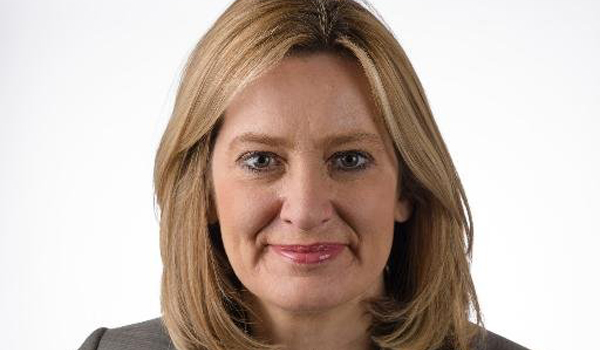Plans revealed for direct entry chiefs as Home Office lost its patience with lack of applicants
Senior officers could have to compete with people from outside the service for policings top jobs under plans drawn up by the Home Office.
Senior officers could have to compete with people from outside the service for policings top jobs under plans drawn up by the Home Office. Steps are being taken to open chief constable positions to senior civil servants and military figures as the Government attempts to attract more applicants. A Home Office spokesperson claimed the plans will address a lack of diversity in policing and widen the talent pool, adding that any successful applicants will have to undergo appropriate training. A consultation on the plans has already commenced. Choosing our police leaders is of the highest importance to the future of the service and schemes such as Direct Entry bring people from a wide range of backgrounds into forces, the spokesperson added. Certain policing roles have been open to civilians since the Direct Entry scheme began recruiting superintendents in 2014. The programme was then expanded to include inspectors, and there are currently 37 direct entry officers working in UK forces with another 75 joining the course this year. The Metropolitan Police Service (MPS) was also run by non-policing figures until 1953, when Sir John Nott-Bower became the first career police officer to serve as commissioner. While it is possible a direct entry officer will one day be promoted to a senior leadership role, West Midlands Police Chief Constable Dave Thompson believes this differs from the Home Office plans as they will have had time to learn on the job. He told Police Professional: There are some things about being a chief constable that are about running a large organisation that are not unique to policing. But particularly on the back of last weeks events in Westminster, the reality is also that a large proportion of the responsibilities of a chief executive in a police organisation are to make policing decisions. That is not to say there arent some parallel sectors and we absolutely have to recognise there is a shortage of candidates for senior roles, and that is a real worry. But the question is how do we address the absence of people wanting to take these jobs on in the service, not simply trying to find another route to get people from elsewhere. Gavin Hales, deputy director of the Police Foundation, believes the announcement might mean the Home Office has lost its patience with policings failure to attract more applicants for chief officer roles. Last year MPs warned the talent pool is in danger of drying up as the majority of chief constable appointments had just one applicant most often the incumbent deputy. Changes from the 2013 Winsor review tried to address this by extending the potential pool of applicants to include the US, Australia, Canada and New Zealand. However, Police Professional understands just one foreign candidate has applied for a chief constable position and none have been successful. Mr Hales suggested that instead of looking outside the service, more effective reform might be achieved by considering officers views on barriers to application. A College of Policing survey released in February found some applicants are discouraged by the increased tax bill that comes with taking the top job. Others believed there is a lack of integrity and fairness in the selection process as some forces already have someone nailed on for the job. It has been suggested that the Home Office plans could introduce new management techniques into policing as the current arrangements stifle diversity. However, other options exist, such as encouraging more officers to take jobs outside the service before returning following the example of incoming MPS Commissioner Cressida Dick, who has worked at the Foreign Office since 2015. Mr Hales also questioned whether the time is right to introduce this change due to ongoing pressures such as the duty to collaborate with the fire service. He added that police and crime commissioners (PCCs) may not actually want to recruit civilian chief constables due to the negative reaction


